Low-carb foods have long been hailed as the end all be all of healthy foods. Diet after diet that advocates for low or no-carb eating has risen in popularity. Many people consider carbs to be a forbidden fruit; delicious but something to avoid at all costs. These people are unaware that not all carbs are bad for you. In fact, there are a number of high-carb foods that are actually healthy and can be eaten along with your regular, health-conscious diet. Look at these ten high-carb foods that are good for you.
Quinoa
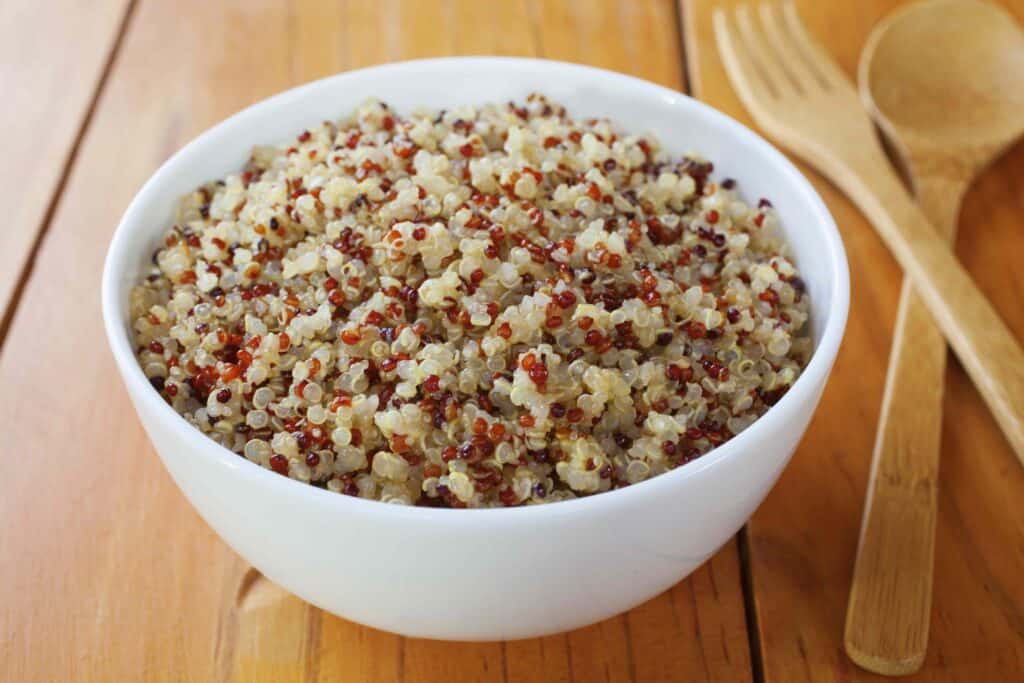
Quinoa is a superfood seed that is naturally gluten-free. It is packed with nutrients and provides a full source of protein with all nine essential amino acids, containing 70% of its weight in carbs. Iron and B vitamins, which are essential for moving oxygen throughout the body, are also included in quinoa. Cook quinoa in water or broth in a way similar to cooking rice. Mix with veggies and dressings to make a delicious summer salad.
Potatoes
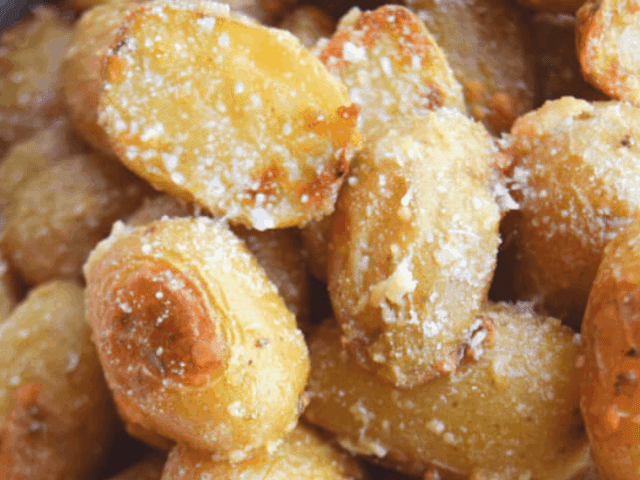
While many proponents of low-carb foods recommend avoiding potatoes, they are actually highly nutritious. Potatoes are tubers linked to a plant's roots and used to store nutrients such as potassium, magnesium, phosphorus, vitamin C, and B vitamins. Potatoes are extremely versatile and can be used in a number of ways, including mashed, baked, fried, and more.
Fruit
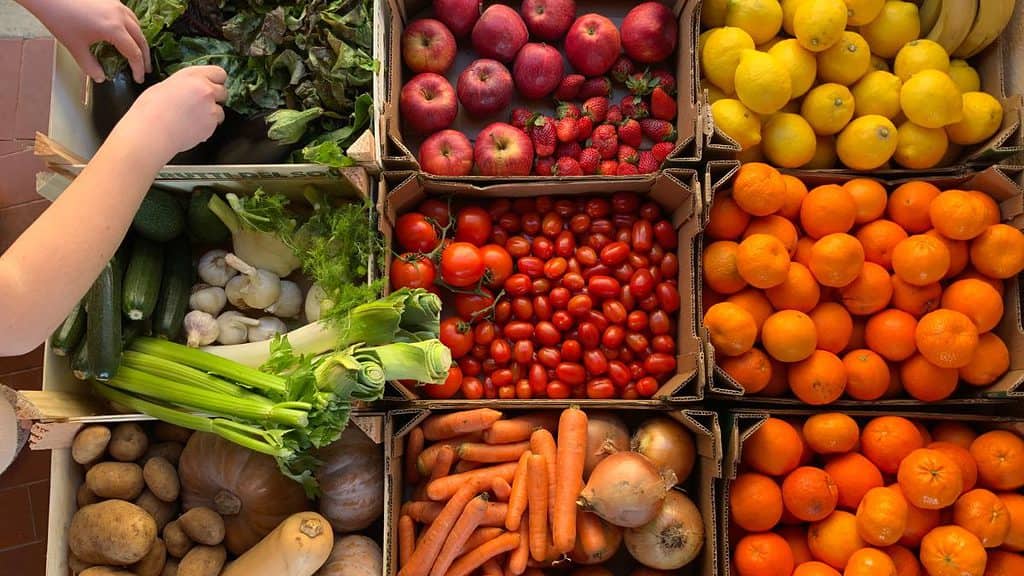
Fruits contain very little protein or fat and are almost entirely made up of carbs and water. Some fruit has a lot of natural sugars that are accompanied by fiber, vitamins, and minerals. The amount of carbohydrates in different fruits varies, with bananas, mangos, pineapples, and dates having the largest amounts. Eat fruit whole for a delicious sweet treat or cut up and make a fruit salad for dessert!
Whole Grains
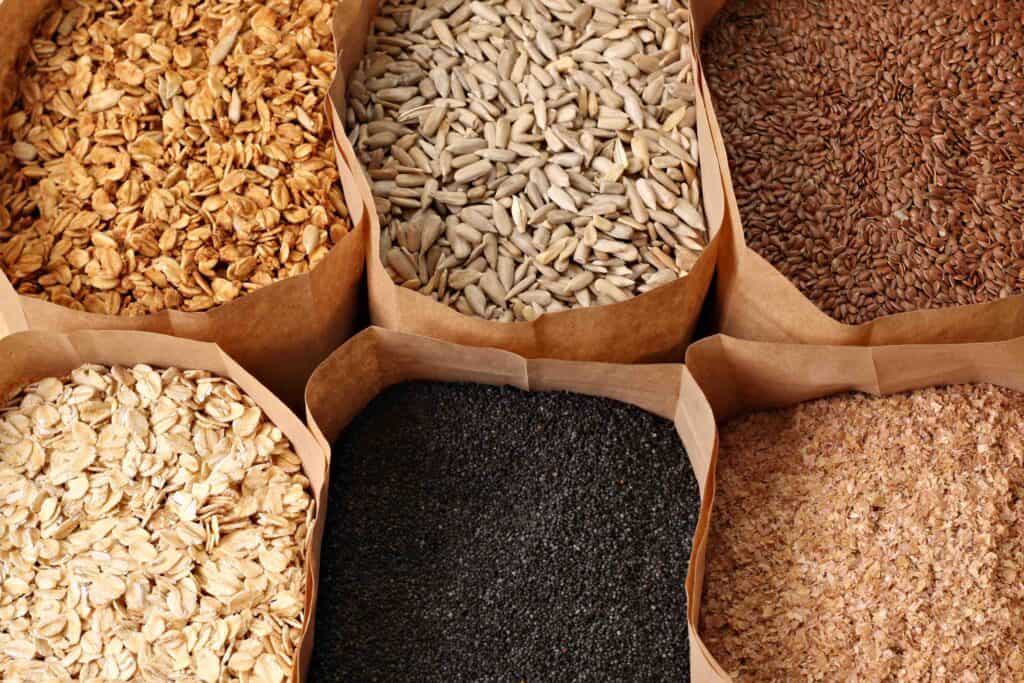
A great source of healthy carbs includes whole grains such as brown rice, buckwheat, whole wheat, millet, barley, and oats. When grains are whole, they retain the bran and hull of the grain, unlike processed grains used for white flour, white pasta, pastries, bagels, and many types of cereal. Whole grains have a high level of fiber, which gives them many nutrients, including iron, B vitamins, and other minerals. To improve the health of a meal, replace refined grains with whole, unprocessed grains when possible.
Legumes
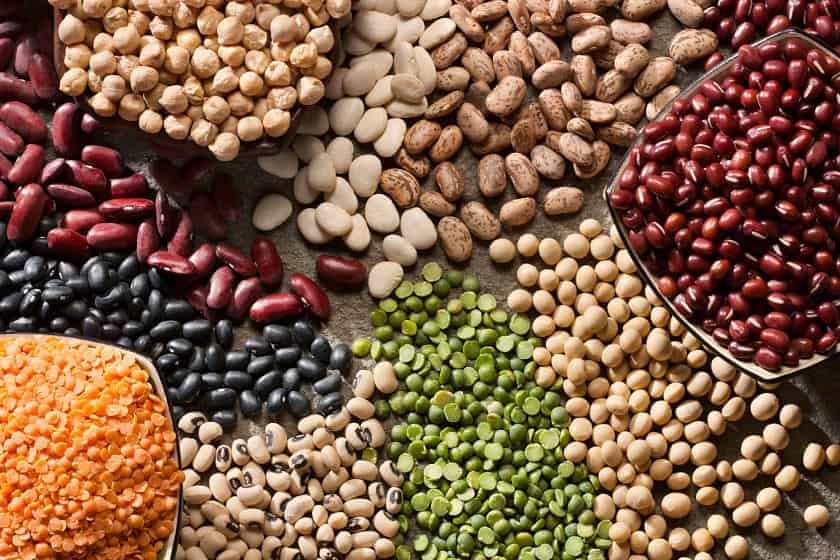
Lentils, beans, and other legumes are among the healthiest sources of carbohydrates. This group of food includes high levels of vitamins, minerals, phytonutrients, and antioxidants. Legumes have been shown to reduce the risks of cancer, obesity, metabolic syndrome, and cardiovascular disease. Cooking and eating beans is the easiest way to get legumes into your diet. You can also try using them in dips and soups.
Sweet Potatoes/Yams
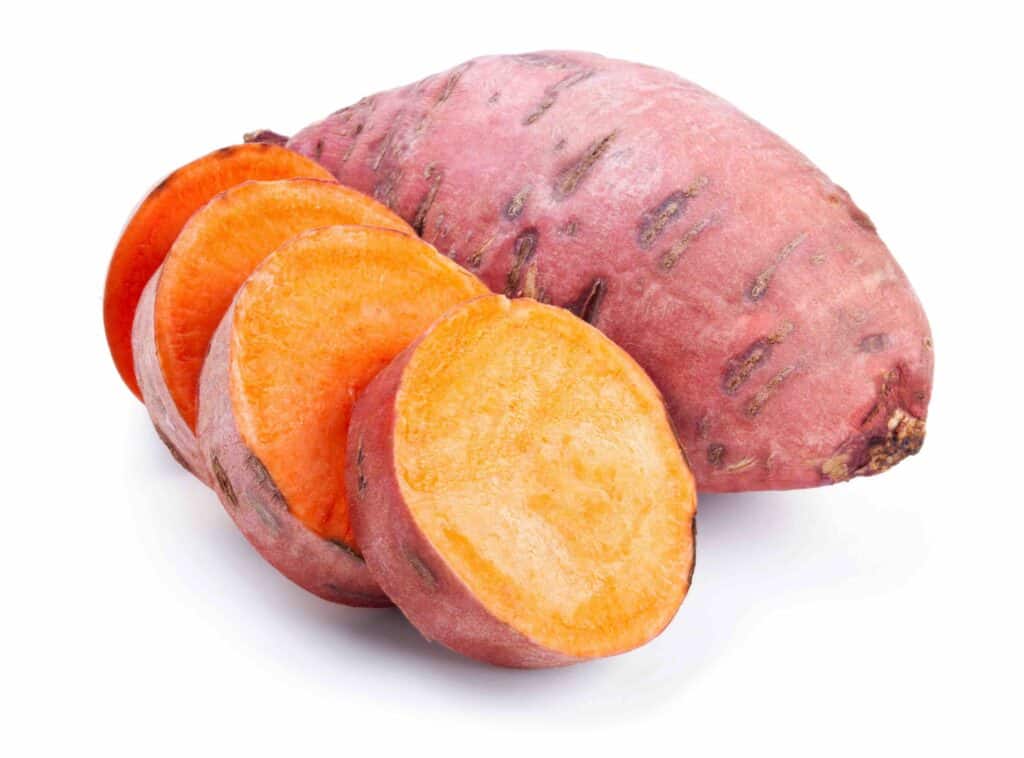
Sweet potatoes and yams contain one of the finest sources of vitamin A and beta-carotene, which support the health of the skin and eyes. These foods are considered antioxidants due to their nutrients. Sweet potatoes have a high content of complex carbs and they can lower blood sugar, as well as the risk of developing diabetes. Make sweet potatoes mashed or cook them into fries for a delicious side dish.
Oats
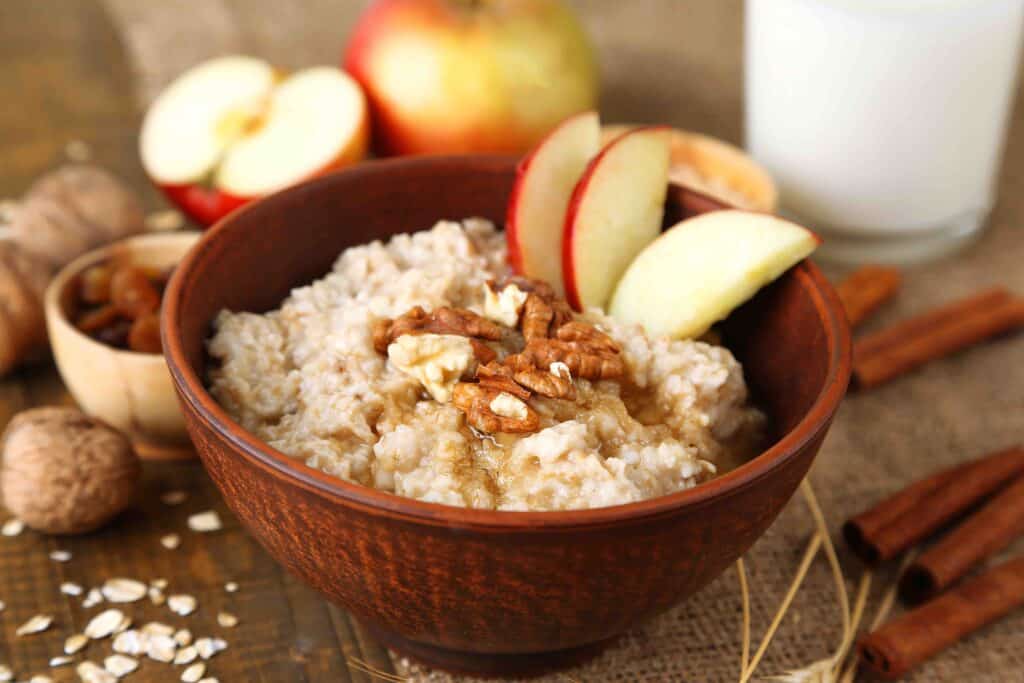
While oats are a type of whole grain, they are so healthy and versatile that they deserve their own mention. They can be used to make oatmeal, porridge, muesli, and steel-cut or rolled oats. There are many whole-grain cereals that are made of oats, including granola. Just make sure that you’re choosing oat dishes that don’t contain a ton of sugar and other unhealthy ingredients.
Root Vegetables
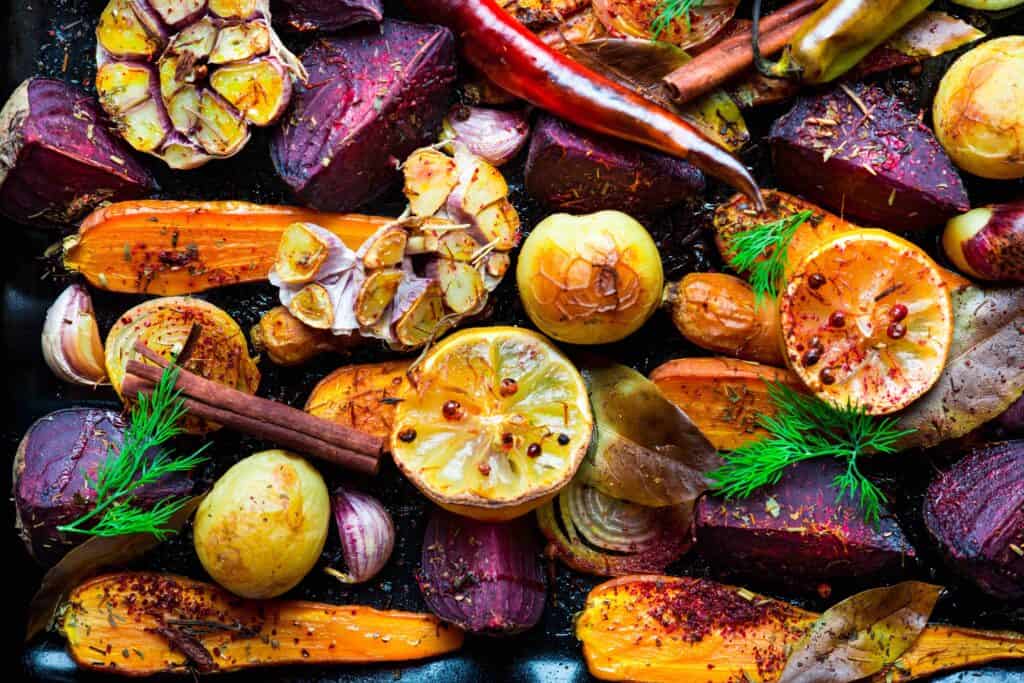
Some plants have edible roots, such as beets, carrots, and parsnips. These are important vegetables that store complex carbohydrates and other nutrients in the roots. These nutrients include vitamins, minerals, and sugars. Root vegetables also contain polyphenols, fiber, and antioxidants. Cook root veggies as chips or fries. They can also be eaten raw on their own or added to salads.
Winter Squash
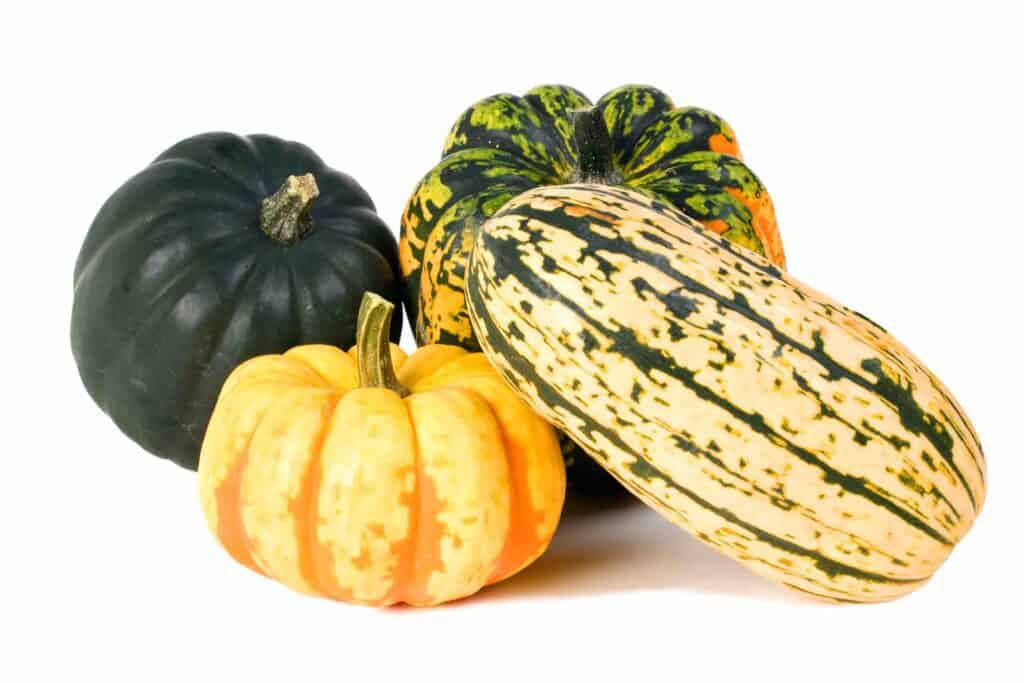
Winter squash is rich in complex carbs. There are multiple types of winter squash, including delicata, kabocha, and butternut. They taste sweet and are a nourishing source of carbohydrates. Winter squash is perfect for side dishes and soups. Even the seeds can be eaten as a healthy snack when roasted.
Corn
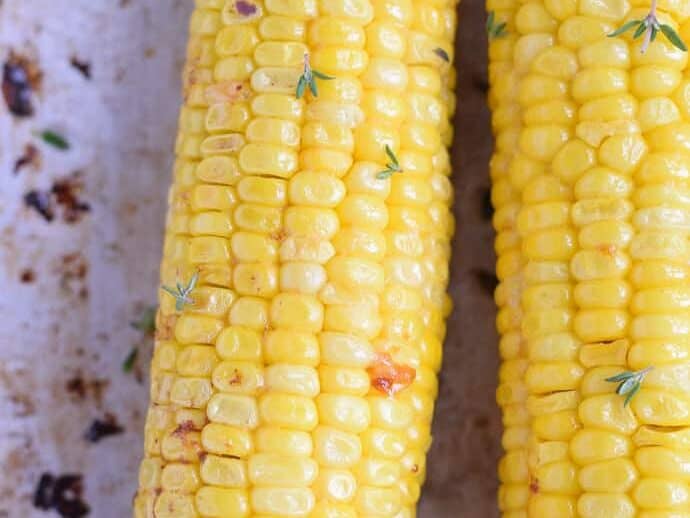
Corn is the perfect summer veggie and contains carbs, vitamin C, vitamin B, potassium, magnesium, and antioxidants. It can be eaten on the cob, grilled, steamed, sauteed, and in a variety of other ways.

Tell Us What You Think